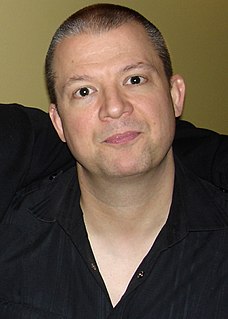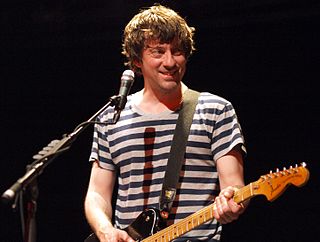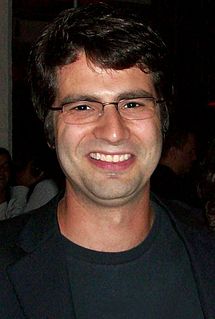A Quote by Alan Furst
When I get asked about novelists I like, they tend to be white, male, and British, like Graham Greene. They write the kind of declarative sentences I like. I don't like to be deflected by acrobatics.
Related Quotes
When I was growing up, I felt like I had to qualify it and say I'm British-Pakistani. But now I kind of feel like, in this day in age, this is what British looks like. It looks like me; it looks like Idris Elba, and hopefully through Nasir Khan, people will see that that's what an American can look like as well.
When someone like Kurt Cobain or Jack White comes out, they didn't go, "He sounds just like Muddy Waters," did they? They just said, "He's great, he sounds like him." When women come out and men write about them, they tend to write about them in a way that other men can understand, which sometimes can seem a bit patronizing.
I always find it kind of more interesting when people ask questions like, "What were you like as a kid?" Or just kind of personal history stuff, like, "What was the lowest point of your life?" Because that would be like, "Huh, well, I'd have to think about that one." And then give an honest answer. I think a lot of people don't want to give honest answers, or they just are in business showbiz mode when they're talking about stuff, so that's probably why a lot of that kind of thing doesn't get asked.
One of the reasons why I created the podcast called the 'The Call-In' that we do through Array - because as a black artist, every time I sit down with mainstream media, I'm asked about issues of race, identity and culture. No one asked what they ask my white male counterparts, which is: 'Where do you like to put the camera?'
There are little Indian girls out there who look up to me, and I never want to belittle the honor of being an inspiration to them. But while I’m talking about why I’m so different, white male show runners get to talk about their art. I always get asked, ‘Where do you get your confidence?’ I think people are well meaning, but it’s pretty insulting. Because what it means to me is, ‘You, Mindy Kaling, have all the trappings of a very marginalized person. You’re not skinny, you’re not white, you’re a woman. Why on earth would you feel like you’re worth anything?’
Like, your body has to get used to being in front of people. Like - and you have to be like - you have to be kind of a ham, you know? Like, the thing about writers is they're generally self - comedy writers - self-loathing, sort of play small. And as a, like, performer, you have to think like a comedy writer but act like a performer.



































